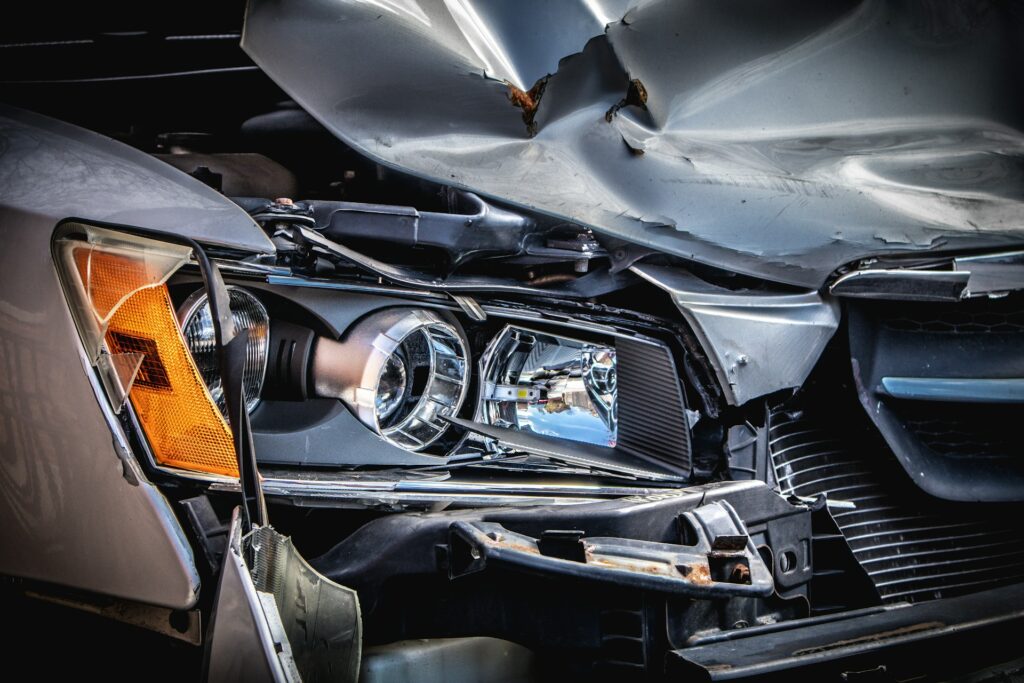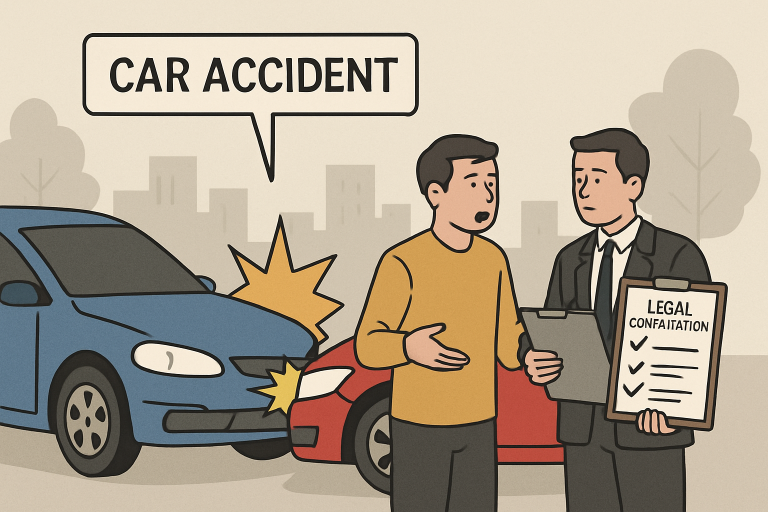
Introduction
Car accidents are unexpected and often traumatic events that can leave individuals grappling with severe injuries, emotional turmoil, and unexpected financial pressures. The days and weeks following a collision present challenges that are not only physical and emotional but also legal. Understanding your options during this complex time is essential for protecting your recovery and future. Consulting with a car accident lawyer Macomb County can be a critical step in this process, offering guidance and representation as you pursue the compensation you deserve.
Beyond medical care, managing insurance claims, handling vehicle repairs, and addressing questions from opposing parties can quickly become overwhelming. Having a legal advocate by your side helps ensure your rights remain at the forefront, your claims are managed efficiently, and common pitfalls are avoided. This comprehensive guide explores how car accident lawyers play a foundational role in upholding your interests amid such uncertainty.
Understanding Your Legal Rights
When an accident occurs, it’s crucial to recognize your fundamental rights. These include seeking immediate medical treatment, exchanging information with all involved parties, and filing an official accident report with authorities. Familiarity with these rights empowers you to make informed decisions in stressful moments, helping you avoid mistakes that could jeopardize both your health and your ability to secure fair compensation.
Awareness of your legal standing—such as the right to remain silent when questioned by insurance representatives or the ability to pursue damages even if partially at fault—can significantly impact the outcome of your case.
The Importance of Immediate Medical Attention
After a collision, it is essential to seek prompt medical evaluation. Injuries from car accidents, such as whiplash, concussions, or internal trauma, may not display symptoms immediately but can gradually worsen and become more serious. By obtaining medical care right away, you not only protect your health but also generate medical records that serve as critical evidence connecting your injuries to the accident—an essential element in personal injury claims.
Medical documentation supports your legal claim and prevents insurance companies from downplaying the seriousness of your injuries or disputing the cause. It also helps establish a timeline, confirming that your reported symptoms are direct consequences of the accident rather than pre-existing conditions.

Gathering and Preserving Evidence
Thorough documentation after a car accident strengthens your legal position. Take clear photographs of vehicle damage, accident debris, skid marks, and relevant road signs or signals. Collect contact details from any witnesses willing to support your version of events. These proactive steps can greatly influence the determination of fault and liability.
Documentation helps reconstruct the events leading up to the accident, providing clarity as insurance adjusters or law enforcement investigate the incident. According to Britannica, gathering evidence is a critical component of building a legal case, ensuring that all relevant facts are preserved and verifiable. A well-organized compilation of evidence, such as police reports, medical diagnoses, and photographic proof, lays the groundwork for a strong legal case.
Dealing with Insurance Companies
Insurance companies are skilled at minimizing payouts and may use tactics that shift blame, question your injuries, or undervalue your claim. Managing communications with insurance adjusters requires caution and preparation, as seemingly innocent statements can later be used against you. A seasoned car accident lawyer acts as an intermediary, overseeing all correspondence to ensure your best interests are represented.
Legal professionals are adept at navigating the fine print of insurance policies and countering common strategies used to reduce settlements. Their expertise enables you to focus on healing, rather than navigating the complexities of insurance negotiations.
Calculating Fair Compensation
Evaluating the true value of a car accident claim goes beyond surface-level estimates. Compensation should encompass economic damages such as medical expenses, lost wages, and vehicle repairs, as well as non-economic damages, including pain and suffering, emotional distress, and reductions in quality of life. According to US News, understanding the different types of damages you can claim is essential, and resources like this guide on car accident compensation can help clarify what may apply to your situation. Experienced attorneys understand how to calculate these losses with precision, ensuring no aspect of your hardship is overlooked.
Properly valuing your claim is crucial for avoiding settlements that do not fully address your needs and concerns. Legal guidance is particularly vital in cases involving long-term or permanent injuries, where future losses must be anticipated and accurately documented.
Legal Representation and Advocacy
Retaining legal counsel after a car accident brings clarity, support, and peace of mind. Lawyers oversee negotiations, interpret complex legal documents, and prepare for trial if necessary. Their involvement allows you to concentrate on your recovery, knowing that your legal matters are being handled with professionalism and care.
An attorney’s advocacy is critical when facing aggressive insurance companies or at-fault parties, and their experience often leads to significantly improved outcomes for clients.
Conclusion
The aftermath of a car accident is often fraught with uncertainty, but seeking the right legal help can protect your interests and maximize your chances of securing fair compensation. From ensuring immediate medical care to managing intricate negotiations with insurance providers, car accident lawyers play an indispensable role in every stage of your recovery journey. Their expertise, advocacy, and attention to detail provide invaluable support, ensuring your loss is recognized and addressed in accordance with the law.







